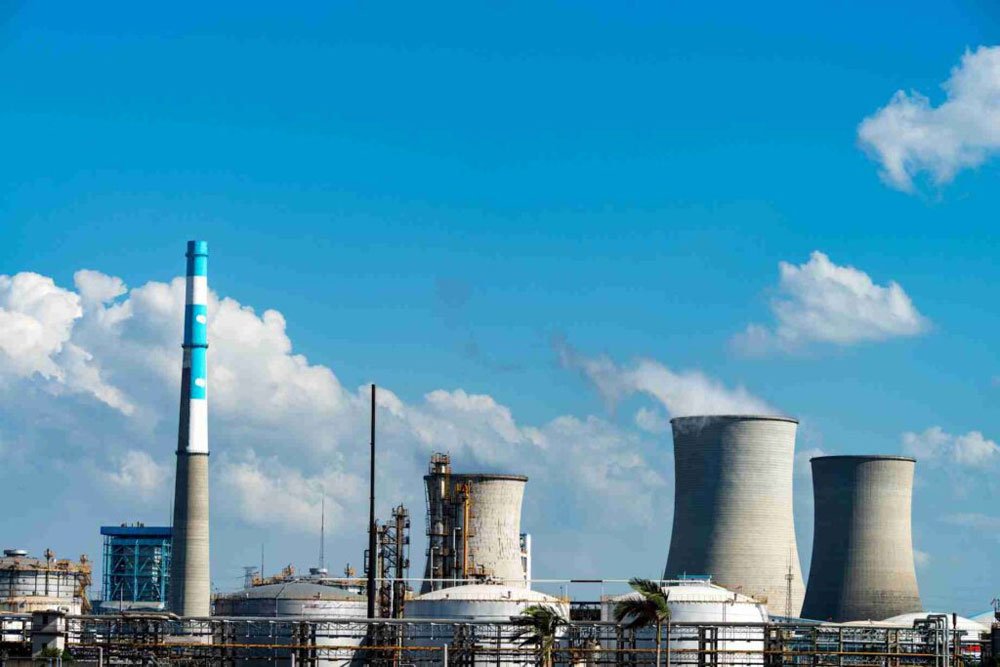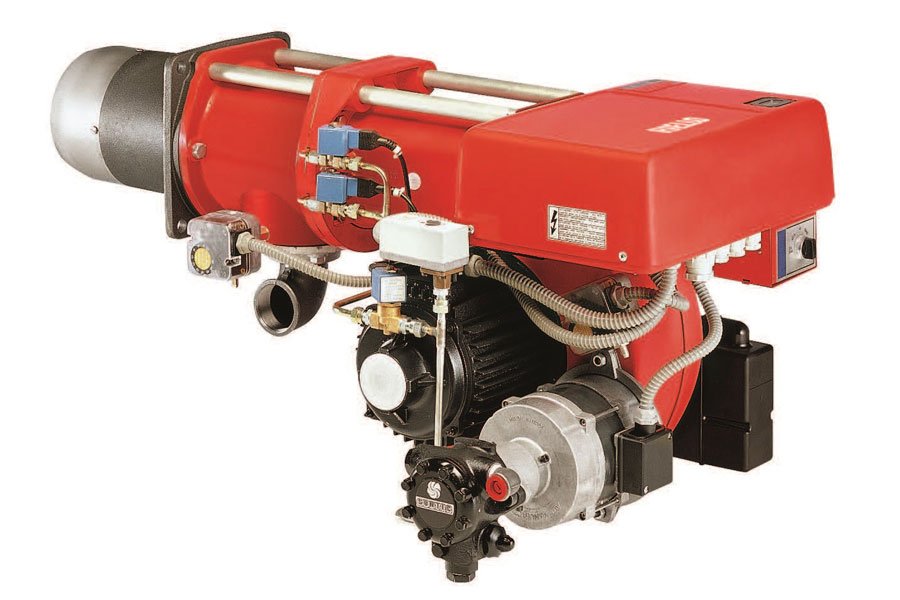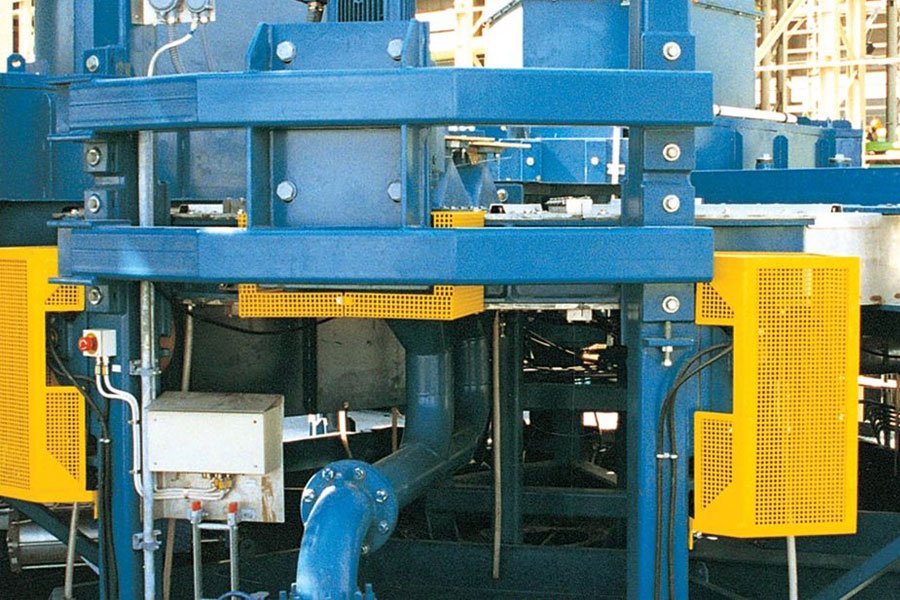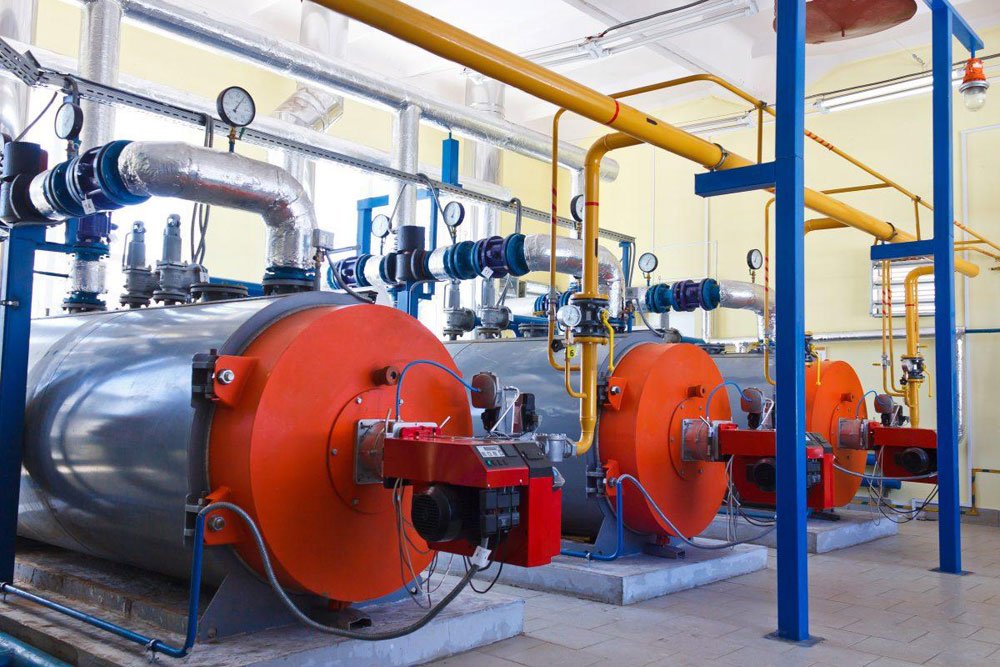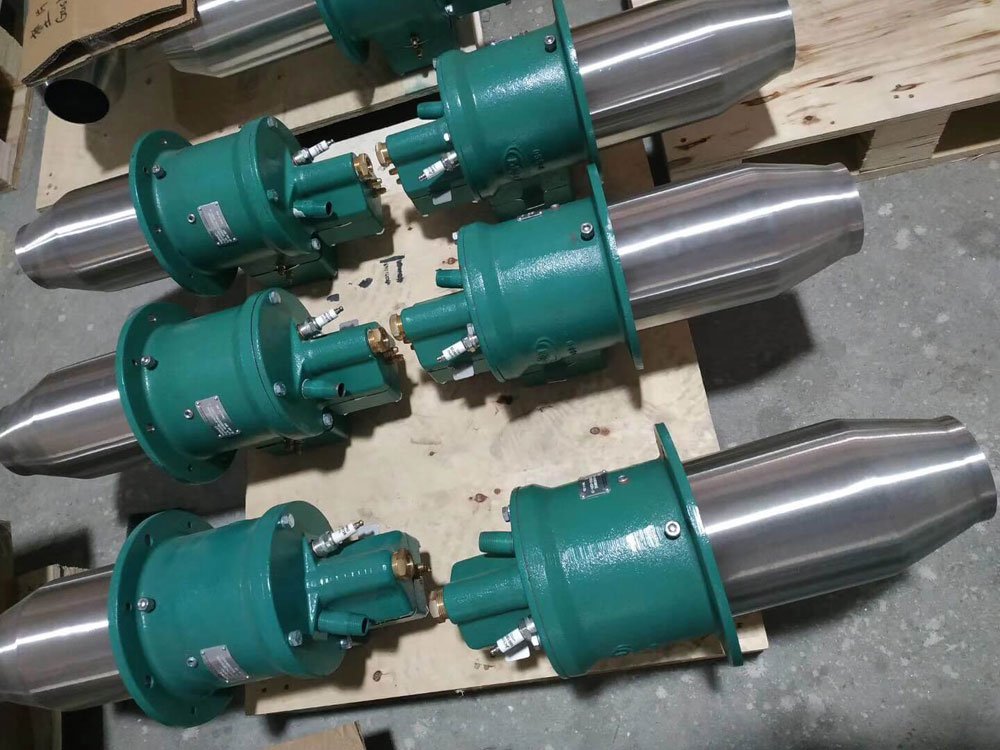Various industries will need a flue exhaust gas analyzer because it is necessary to provide important data to improve efficiency and safety. This analyzer will be necessary if you are running thermal processes which require emission testing or safety inspections. Example of such processes can include hot water heater, steam boiler, engine generator (genset), furnace, incinerator, marine boiler, marine engine, vehicle engine, commercial kitchen.
Normally oxygen (O2), carbon monoxide (CO) and carbon dioxide (CO2) gases are measured. Other polluting or toxic gases can also be measured according to requirement, such as sulphur dioxide (SO2), nitrogen oxide (NOx), Hydrogen sulfide (H2S) or Hydrocarbon (HC) gases. Because of its essential role, you have to choose this type of analyzer carefully by considering these five crucial things.
Ease of Use
The flue gas analyzer might be used a lot for field operations. In this circumstance, using an analyzer that comes with user-friendly design will be very useful during the operation. It means that the analyzer should come with an intuitive interface so you can set up and operate the equipment pretty quickly.
When it is time for inspection, the efficiency can be ensured with this equipment. Why can it be more efficient if there is a flue gas analyzer in the industry? The flue gas analyzer will make learning and troubleshooting much faster.
Sensor protection
Ease of use is not the only thing you need when looking for the best flue gas analyzer because you also have to consider the analyzer protection against damage. The gas sensors are sensitive to contaminants such as particle and moisture. The sensor needs to be protected using water trap and particle filter. Additional sample gas cooler is also required especially if sulphur dioxide (SO2), nitrogen oxide (NOx) needs to be measured accurately or when other acidic gases are present. Carbonmonoxide (CO) gas can also poison the sensors. Some models have carbonmonoxide protection feature that can help protect the sensors against carbonmonoxide poisoning and make the analyzer last longer.
After sales service support
Flue exhaust gas analyzer is used for checking process efficiency and safety. Do not forget to consider the maintenance needs of the flue exhaust gas analyzer you choose. The equipment needs a regular calibration to make sure that the reading is still accurate over time.
To calibrate the equipment, you need to calibrate the sensors on the analyzer to align with the existing standard. The gas sensors also need to be replaced regularly. After sales service support should be available and can be performed by the manufacturer’s authorized distributor. This will help to extend the lifetime of your flue exhaust gas analyzer and also your process equipment.

